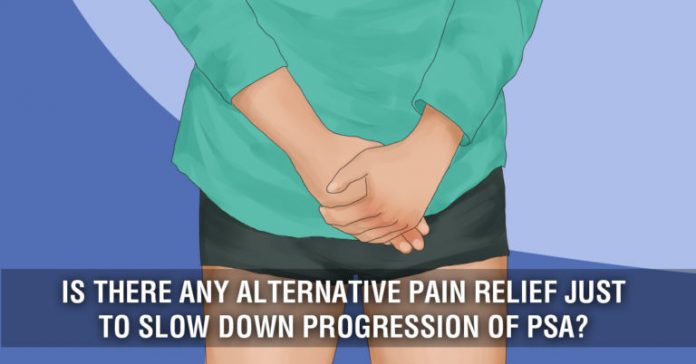Psoriatic Arthritis is a painful form of arthritis occurring in those with Psoriasis. It is characterized by the swelling of the toes and fingers, making them sausage-like in appearance. The nails are also affected and are often distorted or become detached. If you have Psoriasis, the first step towards preventing psoriatic arthritis is to get tested by a rheumatologist. Your pain management and handling of this disease should be laid out by a professional to fit your individual needs and condition.

The following are some common suggestions by doctors to help control Psoriatic Arthritis and prevent its progression.
- Protect Your Joints. There are a few ways you can protect your joints and prevent added pain and inflammation. Wearing a brace, utilizing larger and stronger joints instead of smaller ones (i.e. using a backpack instead of a briefcase), pacing yourself and taking breaks in between tasks, and getting an assistive device can all help take stress off your joints and reduce pain.
- Exercise. While physical activity may be painful for those with psoriatic arthritis, exercising is one of the best things you can do to prevent the progression of the disease. It not only helps maintain weight, it also increases endorphin production and can make people happier. If you are worried about pain after exercising, heat treatments increase blood circulation to the affected joints and cold treatments reduce inflammation. The best forms of exercise are those that place the least amount of stress on the joints. Running is stressful on joints, so it is not recommended. However, light walking, bicycling, swimming, and light weight lifting is easier on the joints.

- Non-Steroidal Anti-Inflammatory Drugs (NSAIDs). If you have mild psoriatic arthritis, NSAIDs are excellent painkilling and anti-inflammatory options. The most common of these are Ibuprofen, Aspirin, and Naproxen. These do reduce pain and swelling in parts of the body, but may negatively affect others. Never take more than the recommended dose on the box and stick to what your doctor has instructed you to do.
- Disease-Modifying Antirheumatic Drugs (DMARDs) or Biologics. If your psoriatic arthritis does not respond well to NSAIDs or is more severe, your doctor may prescribe you a DMARD or Biologic. DMARDs may take longer to work than NSAIDs but they can prevent pain, inflammation, and joint and tissue damage. Biologics are a new version of DMARD which block an inflammation-causing protein. Biologics can be injected just into the skin, but you may need to go to the doctor to get the intravenous versions. Biologics can have some serious side effects, although they work well for many people. Just make sure to keep your doctor informed of any changes in your health.

- Steroids. Corticosteroids have strong anti-inflammatory and pain relieving properties which can be taken orally or be injected directly into the affected joint or muscle. Prednisone is the most common steroid, but long-term use can have negative effects and make psoriasis worse.
Management and prevention of psoriatic arthritis is essential for living a full life. Make a plan with your doctor for optimal results. Everyone’s case is a little bit different and what works for someone else or how a drug affects them, may not be the same for you.
Source:
https://www.webmd.com/arthritis/psoriatic-arthritis/psoriatic-arthritis-treatment#1









